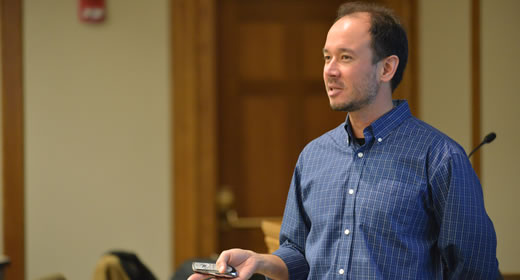
The Washington Post’s “Wonkblog” cites Dean Yang’s work in “The people who will suffer the most severe impact of Brexit don’t live in the U.K.” The article, by Max Ehrenfreund, was published on Saturday, June 25.
“Immigrants working in Britain send billions of pounds home every year, and the nation is one of the world’s most generous in terms of international aid,” writes Ehrenfreund. “As a result, British voters’ decision to divorce their county from the European Union—which caused a frenzy in global markets Friday—is especially worrisome for those developing economies that are closely bound to Britain.”
Britain has pledged to contribute about 12.2 billion pounds in foreign aid, writes Ehrenfreund, but with the decline in the pound’s value respective to native currencies, that aid will be worth considerably less to the nations that depend on it. Ehrenfreund cites Dean Yang’s work to describe the potential impact on citizens, as well.
“In a detailed study of Filipino migrants worldwide, economist Dean Yang of the University of Michigan estimated that a 10 percent decrease in the exchange rate resulted in a decline of about 6 percent in remittances” [the money that migrants send to family and friends back home].
“There’s a very, very strong link between how well migrants are doing overseas and how well their families are doing back home,” says Yang.
Dean Yang, a professor of public policy and economics, focuses on the economic problems of developing countries. His areas of emphasis include international migration, microfinance, health, corruption, and the economics of disasters. He is co-director of the Ford School’s International Policy Center.
